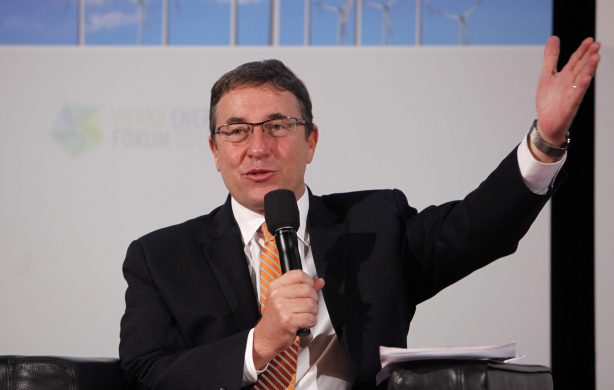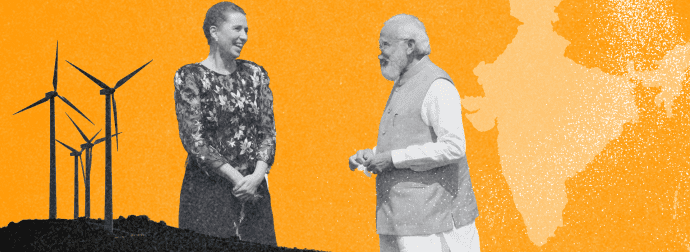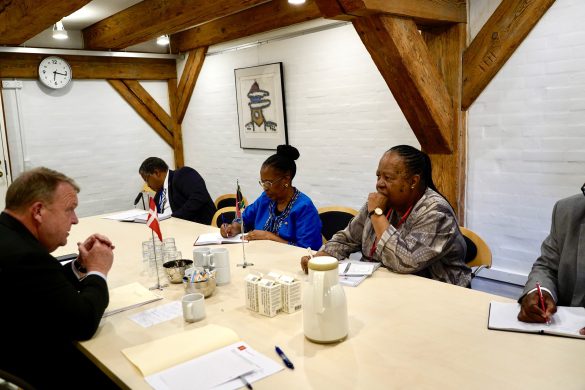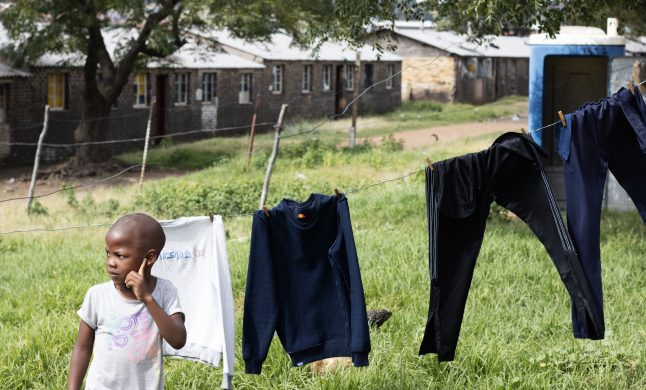Det fremgåpr af en pressemeddelelse fra FN’s Miljøprogram (UNEP):
Nairobi, 14 June 2016 – Achim Steiner wrapped up his last day as Executive Director of the UN Environment Programme today after a 10-year term that saw UNEP brought to the fore as the voice for the environment in the UN system, and the global authority on the environment.
Steiner’s tenure was marked by numerous historic global environment success stories, not least the Paris Agreement on climate change in 2015. Several other international agreements on the environment preceded this, including the 2030 Agenda on Sustainable Development and the Rio+20 Conference on Sustainable Development, which saw UNEP upgraded to universal membership.
It was this upgrade of UNEP under Steiner that resulted in the United Nations Environment Assembly, a biennial meeting of the world’s environment ministers to chart the way forward on global environmental issues. The most recent meeting of UNEA resulted in a record 25 resolutions passed by member states, further establishing the Assembly as the de facto “World’s Parliament for the Environment.”
Economics of ecosystems and biodiversity
A focus of Steiner’s career at UNEP was the confluence of the environment and the economy, a result of his background as a development economist.
His decision in 2007 to launch a project called the Economics of Ecosystems and Biodiversity (TEEB), which was the first UN initiative to analyze the economic value of our environment, was an early move to bring together the orbits of the global economy and sustainability.
This underlying environmental foundation of the global economy was presented as a response to the financial collapse in 2007 and 2008 in the form of UNEP’s “Global Green New Deal”. This proposal underlined that economic stimulus packages could be directed towards investing in cleaner technologies and greener infrastructure.
Green economy
In 2010, UNEP published its landmark “Green Economy” report, which highlighted both the centrality of environment to the future development of economies and the rapidly evolving policy innovations implemented by many countries.
Under Steiner’s leadership, UNEP’s relationship with the financial sector was also further expanded.
To date, the UNEP Finance Initiative, which looks at how to fund sustainable development, has partnered with over 200 banks and financial institutions. And in 2014, the launch of the UNEP Inquiry into the Design of a Sustainable Financial System showed that there is a historic opportunity to reshape the financial system to support the transition to an inclusive green economy. UNEP’s economics work was recognized when it was asked in 2015 to provide the secretariat to the G20 Green Finance Study Group.
Læs videre i linket nedenfor.
Man kan læse Steiners egne afsluttende reflektioner her:
http://web.unep.org/ourplanet/may-2016/reflections/final-reflections















